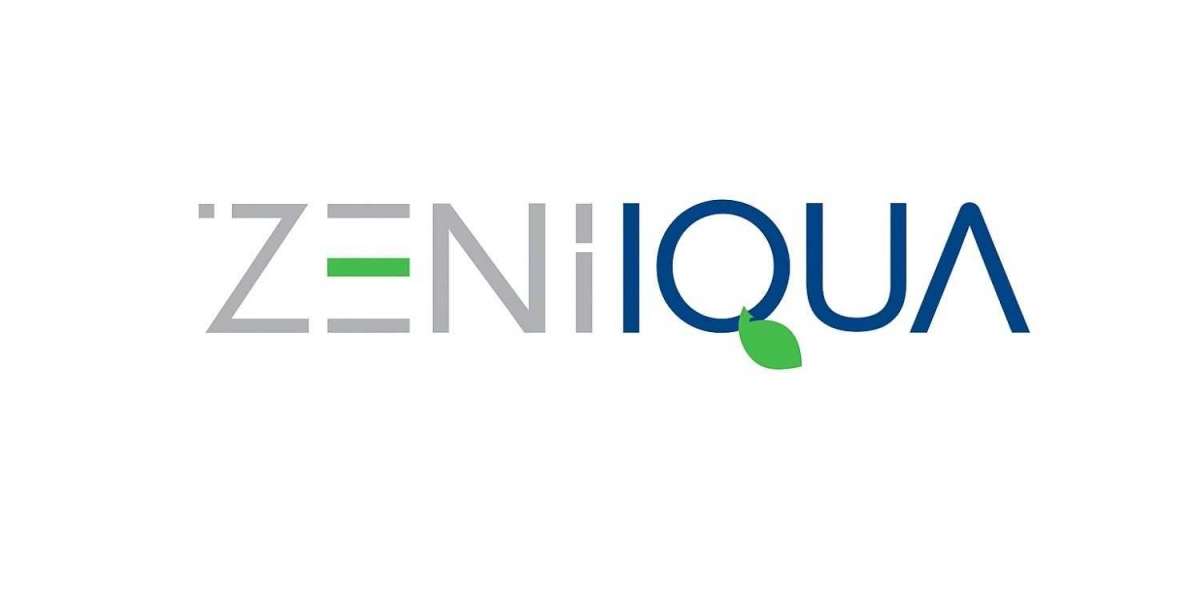Capsules: A Versatile and Convenient Drug Delivery Solution
Introduction
Capsules are one of the most widely used oral dosage forms in pharmaceuticals and nutraceuticals. Designed to encapsulate powders, liquids, or semi-solids within a dissolvable shell, capsules offer convenience, improved patient compliance, and precise dosing. They are favored by both healthcare providers and consumers for their ease of swallowing and ability to mask unpleasant tastes.
Types of Capsules
1. Hard-Shelled Capsules
Typically contain dry, powdered, or granulated ingredients.
Made of two pieces: a body and a cap.
Common in both prescription medications and dietary supplements.
2. Soft-Gel Capsules (Softgels)
Encapsulate liquids, oils, or semi-solids.
Commonly used for fat-soluble vitamins, fish oils, and certain medications.
Offer faster dissolution and absorption.
3. Liquid-Filled Hard Capsules
Combine the structure of hard capsules with the benefits of liquid formulations.
Ideal for ingredients with poor stability in dry form.
4. Vegetarian Capsules (Plant-Based Capsules)
Made from plant-derived materials like HPMC (hydroxypropyl methylcellulose).
Suitable for vegetarians, vegans, and people with dietary restrictions.
Advantages of Capsules
Easy to Swallow: Smooth surface and shape improve patient acceptance.
Taste Masking: Effectively hide the taste and odor of bitter drugs.
Faster Absorption: Especially with soft-gel capsules that quickly dissolve.
Customizable: Available in various sizes, colors, and branding options.
Versatile Formulation: Can contain powders, liquids, or combination fillings.
Applications
Pharmaceutical Drugs: Widely used for antibiotics, pain relievers, and chronic disease medications.
Nutraceuticals: Common in vitamins, minerals, herbal supplements, and probiotics.
Specialized Therapies: Used for delayed-release or targeted delivery systems.
Market Trends
Growing Demand for Plant-Based Capsules: Rising vegetarian and vegan populations are driving demand for gelatin-free options.
Advances in Capsule Technology: Development of enteric-coated capsules, controlled-release capsules, and dual-action formulations.
Increase in Nutraceutical Consumption: Expansion of the dietary supplement industry globally is boosting capsule production.
Personalized Medicine: Capsules offer flexibility for customized dosages and combination therapies.
Challenges
Moisture Sensitivity: Capsules, especially gelatin-based, can absorb moisture and compromise stability.
Temperature Constraints: Softgels may soften or deform at high temperatures.
Higher Cost: Capsules can be more expensive to manufacture than tablets.
Conclusion
Capsules remain a cornerstone of modern medicine and dietary supplementation. Their patient-friendly design, versatility in formulation, and evolving technology continue to make them a preferred choice across global healthcare markets. With ongoing advancements, the capsule industry is expected to grow further, offering even more efficient and targeted drug delivery solutions in the future.








